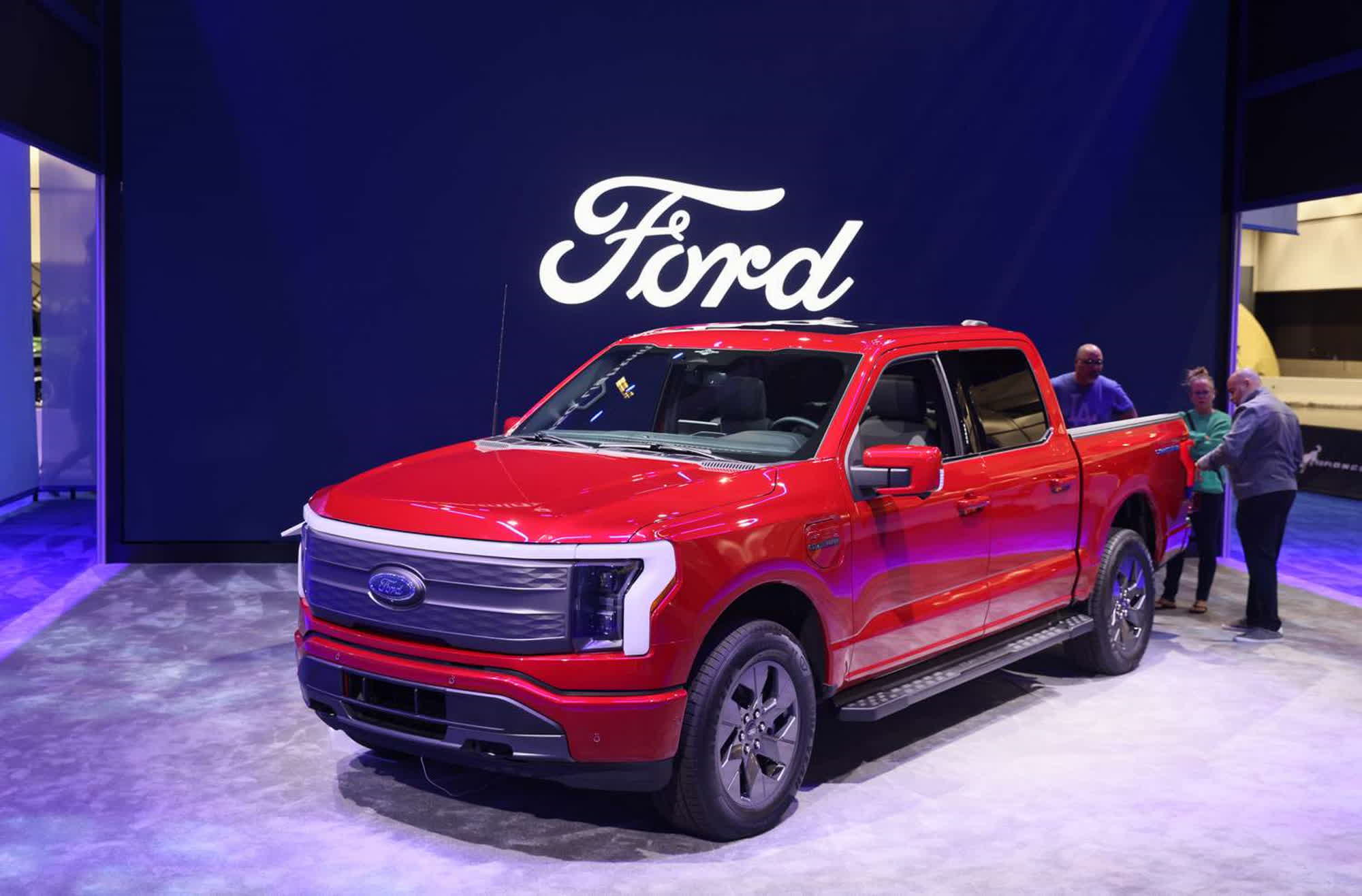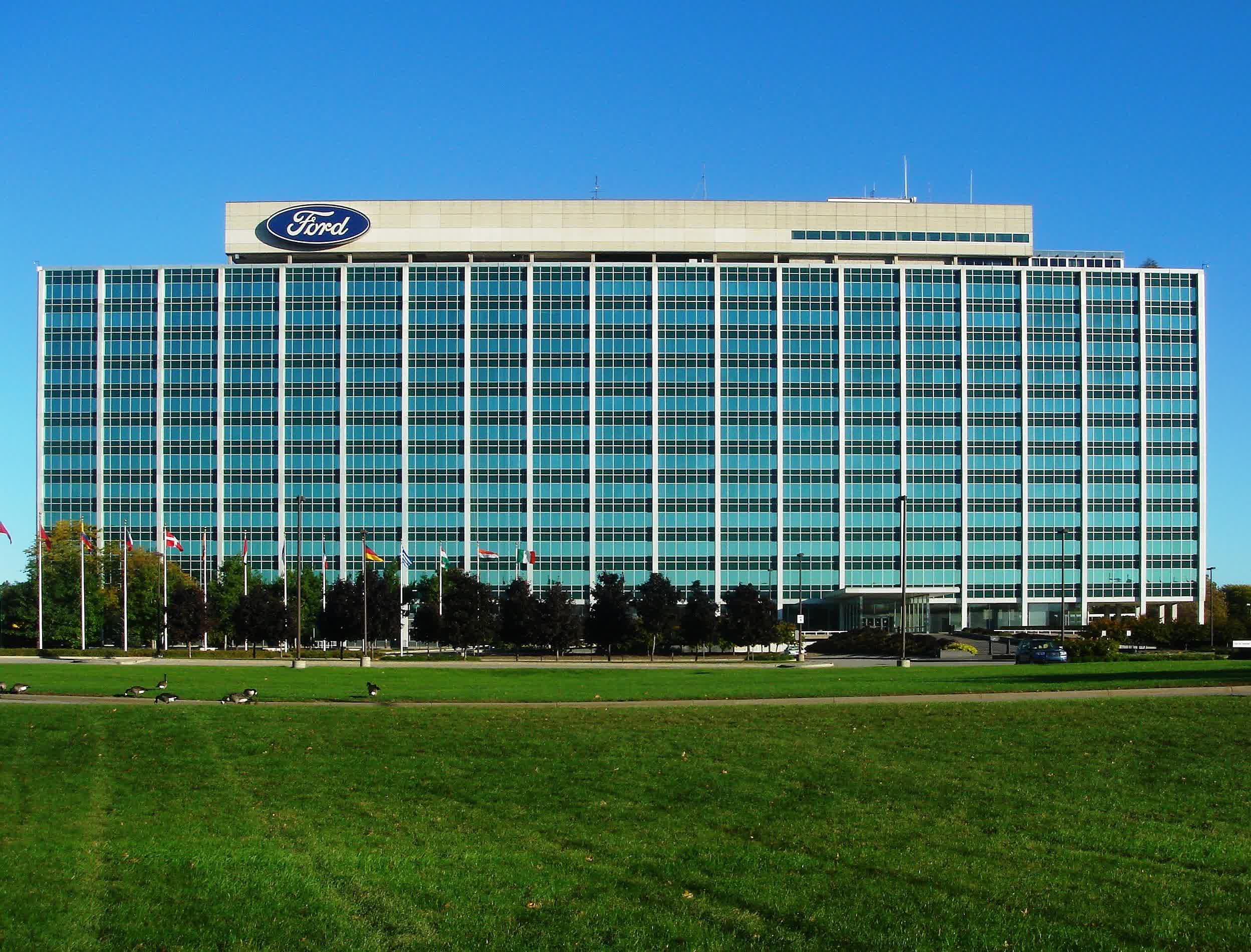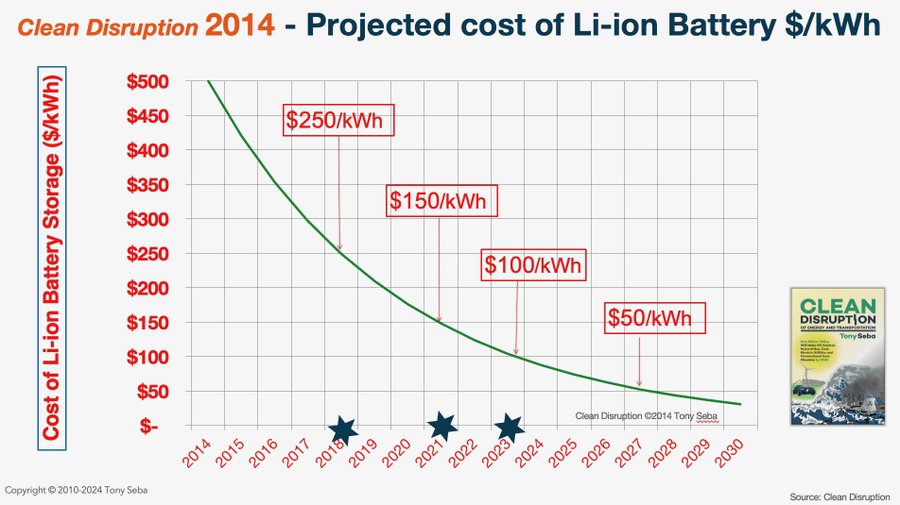A hot potato: Turning a substantial part of the automotive industry into an EV-only affair will likely take some time. Despite investing a significant amount of money into research and development, some carmakers are still losing a hefty sum on every EV model they sell.

One of the largest automotive companies in the world lost $1.3 billion in its EV-only business unit known as "Model e" in the first quarter. Ford's EV division sold 10,000 cars during the three-month period of the new fiscal year, which means that the corporation lost $132,000 on every vehicle delivered to customers.
In recent years, Ford joined other automakers in announcing a radical shift from traditional cars to a completely electric production. The industry-wide change is expected to be complete within the next few years, but today's automotive market is still mostly focused on gas-powered vehicles. Model e sales for the latest quarter were down 20 percent compared to the same period of the past year.
Revenue was down to $100 million, an 84 percent decline year-over-year, and Ford said that industry-wide price cuts were mostly responsible for these disappointing results. The US corporation isn't just losing money on every EV vehicle sold, as research and development on new generations of electric vehicles is still costing hundreds of millions of dollars per year.

Ford aims to eventually cover manufacturing costs for EV vehicles with sales alone, a goal the company hopes to achieve within the next 12 months. Meanwhile, Model e is projected to incur a $5 billion loss by the end of the fiscal year. According to Ford CFO John Lawler, although the carmaker managed to reduce costs by $5,000 per Mustang Mach-E unit sold, revenue was still declining " faster than we can take out the cost."
In 2023, Ford Model e incurred a $4.7 billion loss, despite selling 116,000 electric vehicles. However, it's not just Model e; other divisions of the US carmaker are also involved in EV manufacturing and sales. Ford Pro, the unit handling sales to business and government customers, is experiencing comparatively better performance with "strong" demand and orders. Ford announced that the US Postal Service has placed an order for 9,250 E-Transit vans to be delivered by the end of the year, and sustainability-focused company Ecolab has ordered over 1,000 F-150 Lightning pickups and Mustang Mach-E SUVs.
Primarily engaged in sales of traditional cars, Ford Pro was the main profit driver for the company during the first quarter. Revenues increased to $18 billion, marking a 36 percent rise with 409,000 vehicles sold, representing a 21 percent increase. Ford CEO Jim Farley assured investors that the company is implementing changes in its EV business, with the next generation of electric vehicles expected to be profitable in the near future.
Ford is losing boatloads of money on every electric vehicle sold


